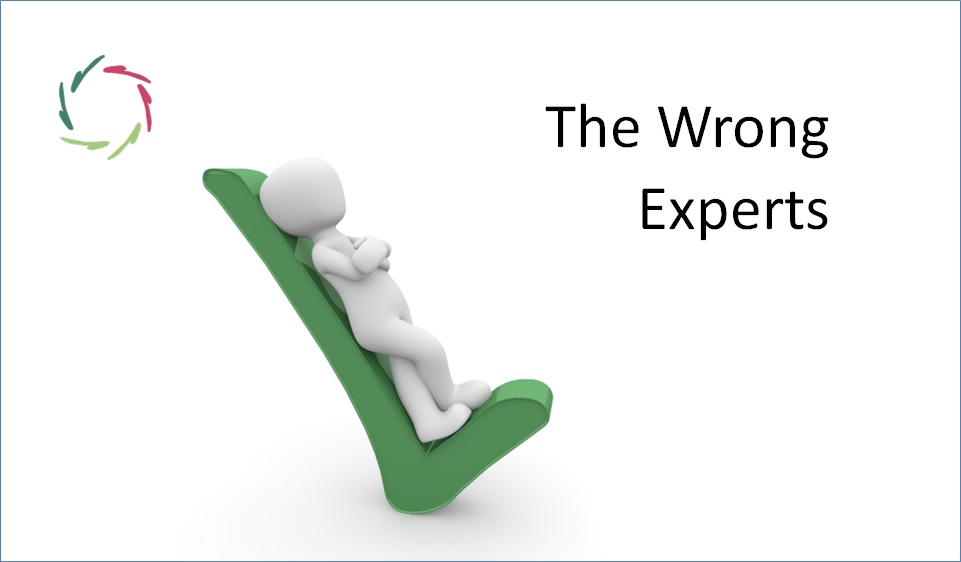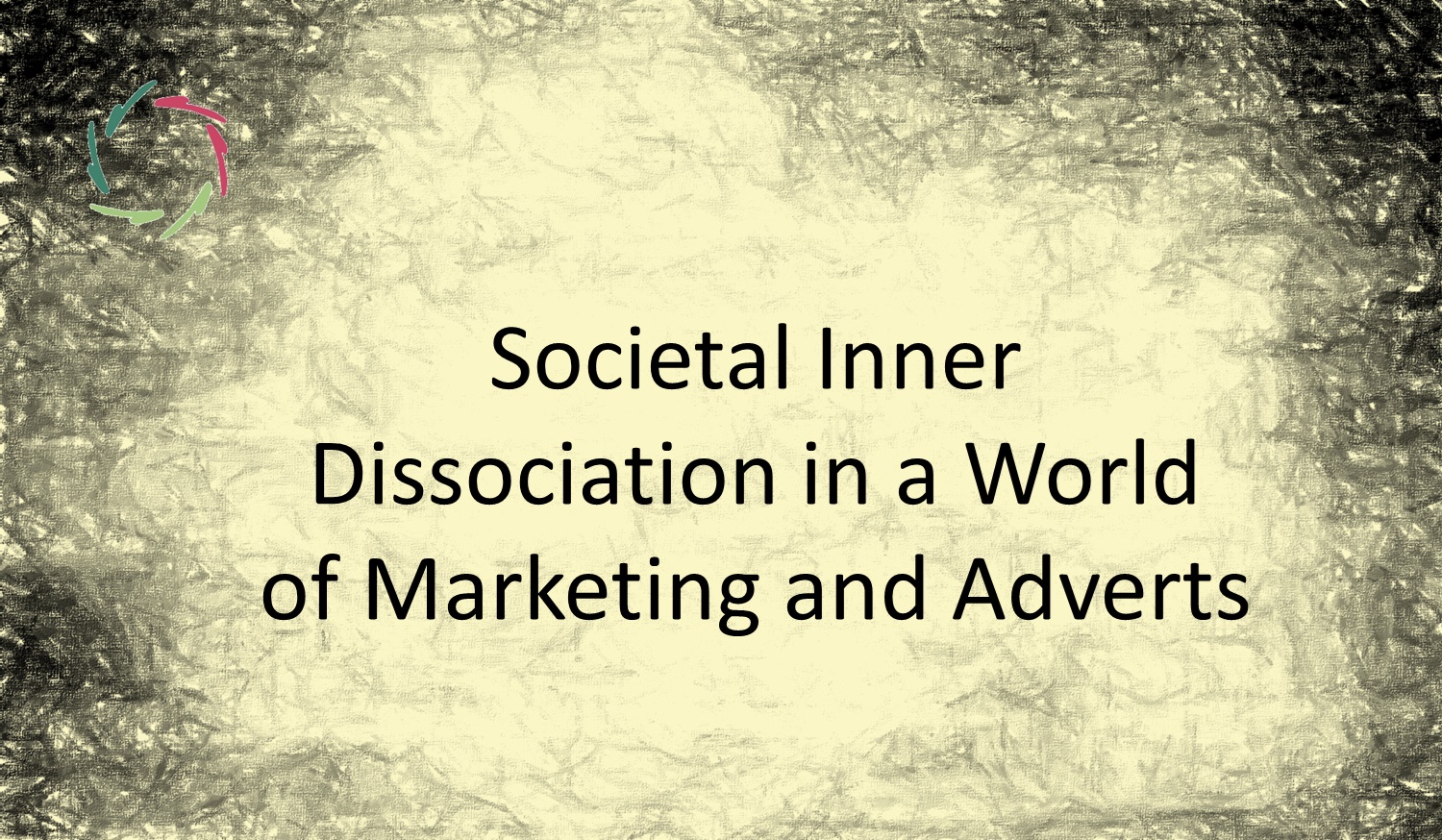Wanted, the Truth!

Humans are truth-seekers in many different ways ― a worthy and challenging adventure.
Paraphrasing Zhuangzi
I don’t know whether I have been dreaming last night and am writing this after waking up, or whether I am still dreaming and writing this, hoping that you, dear reader, will read it in your dream.
As far as the brain is concerned, modern science shows that the difference between dream and state of being awake is relatively tiny. Our sense of objective reality is quite brittle.
Yet, humans want to know.
Give us a mysterious corner, and we want to know what lies behind it.
Give us a universe, and we point our most high-performing telescopes towards its edge to know what lies right before and perhaps behind it.
Maybe while doing so, we find something exciting.
Maybe, Truth is God.
Maybe, maybe, maybe.
Deepfake, just fake
You probably know it already. It is more and more possible to fake someone’s moving face and voice on a computer screen. Soon, it will be indiscernible from reality. This technology will be available to everyone. Nobody will know anymore whether someone on a screen is faked or real. A large part of ‘seeing is believing’ goes down the drain.
The impact may be huge. Abuse lies in fake news, alternative truths, etc. This is the domain of deception and should not get any philosophical flavor. It’s a wholly different layer.
Stage fake
Very Shakespearean, we may all be playing roles in life, sometimes more consciously, sometimes more nonconsciously. We may be playing so well that we forget. In self-conscious mode, it may strike us that we are not playing ourselves, but only the better part from a Photoshopped mirror.
To famous people, this can show as the ‘pretender complex.’ Am I worth my fame? When are people going to find out that I am just a regular person playing some meta-regularity?
One can, of course, be an excellent actor and enjoy the play. Never mind that it’s acting. Let it be of high quality and favorable to all people.
This overlaps with the following, be it that we now enter an even more nonconscious field.
Socially constructed fake
To make culture workable, culture itself imposes a veil or ‘nomological conceptual net’ upon the people within that culture. [see: “Constructionism“]
Spontaneously, in many cases not-knowingly, people accept this partly because it relieves much tension. It smooths cultural thinking and conduct. People easily recognize the net as the only possible reality within themselves and each other, and can get on with their lives embedded in that culture.
Some problems with this:
- If cultures come together, deep discrepancies can become a source of tension and aggression, even war.
- Since it is a superposed reality, some – mainly those in power – can abuse it for their selfish gains. Politicians become manipulative populists. People living under the net are their easy victims ― not only in some foregone era.
- Since it conceals the more fundamental truth of its own fakeness, there is continual tension, an uneasiness especially felt by naturally born outliers. (Yes, I confess.)
- More fundamental truth may lead to better personal health and well-being. Otherwise said, the socially constructed fake can make people ill and unhappy. It can lead to depression if one doesn’t feel connected to one’s ‘true self’ ― call it soul, if you like. If this has gone, everything is bleak. [see: “Depression: in need of the lost soul”] Seriously, indeed.
- Related to this former point, the socially constructed fake can lead to a lot of investment (individual, culturally) in therapeutic modalities that don’t work. Medicine and psychology are rife with them. [see: “Psychotherapy vs. Psychotherapies”] if there is a balance to be sought in this, we haven’t found it.
Clearly, socially constructed fake has advantages and disadvantages. An additional issue is that once you get to the truth beyond this fake, there is hardly a way back. This is a warning.
The Truth, universal fake?
[see: “What is Ultimate Truth?”]
This is sometimes confused with socially constructed fake. Yet, it is a different level.
Many voluminous books have been written about epistemology, the study of how we can attain truth, or any knowledge at all. For instance, Immanuel Kant, the quintessentially Post-Modernist hero of Western Enlightenment, exposed in his Kritik der Reinen Vernunft our impossibility to reach real truth through our senses, this is, by experience. [see: “Enlightenment, Kant, AURELIS, Growth“]
Experiential truth then has become not something attainable but a direction. This may not be enough for some, but we’ll have to deal with it anyway. With deepfake and other modern evolutions, in absolute relativity, what hopefully stays is the desire to approach Truth. This desire may even become a much more precious asset by the insight that each of us is personally responsible for it.
Paraphrasing Descartes
I care, therefore I am.
To me, it is part of being Compassionate. Even in my dream, I want to be Compassionate and for this, to be near to the truth, more specifically, as near as I can practically get. In my view, only truth can truly cure/heal, also if it’s just an endeavor. [see: “Only Truth Can Truly Cure”]
Even if I don’t know for sure about my existence within any level of truth, I still care within the level where I care.
And that is the most important level to me, after all.
Still, I don’t know whether I am dreaming and whether I will ever know.
Probably not.


